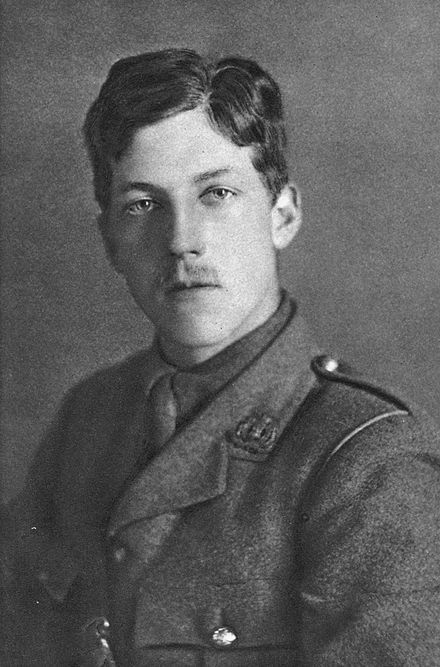“There is such change in all those fields,” [XXXV]
There is such change in all those fields, Such motion rhythmic, ordered, free, Where ever-glancing summer yields Birth, fragrance, sunlight, immanency, To make us view our rights of birth. What shall we do? How shall we die? We, captives of a roaming earth, ’Mid shades that life and light deny. Blank summer’s surfeit heaves in mist; Dumb earth basks dewy-washed; while still We whom Intelligence has kissed Do make us shackles of our will. And yet I know in each loud brain, Round-clamped with laws and learning so, Is madness more and lust of strain Than earth’s jerked godlings e’er can know The false Delilah of our brain Has set us round the millstone going. O lust of roving! lust of pain! Our hair will not be long in growing. Like blinded Samson round we go. We hear the grindstone groan and cry. Yet we are kings, we know, we know. What shall we do? How shall we die? Take but our pauper’s gift of birth, O let us from the grindstone free! And tread the maddening gladdening earth In strength close-braced with purity. The earth is old; we ever new. Our eyes should see no other sense Than this eternally to DO— Our joy, our task, our recompense; Up unexploréd mountains move, Track tireless through great wastes afar, Nor slumber in the arms of love Nor tremble on the brink of war; Make Beauty and make Rest give place, Mock Prudence loud—and she is gone, Smite Satisfaction on the face And tread the ghost of Ease upon. Light-lipped and singing press we hard Over old earth which now is worn, Triumphant, buffeted and scarred, By billows howled at, tempest-torn, Toward blue horizons far away (Which do not give the rest we need, But some long strife, more than this play, Some task that will be stern indeed)— We ever new, we ever young, We happy creatures of a day! What will the gods say, seeing us strung As nobly and as taut as they?
Credit
From Marlborough and Other Poems (Cambridge University Press, 1919) by Charles Hamilton Sorley. Copyright © 1919 by Charles Hamilton Sorley. This poem is in the public domain.
Date Published
01/01/1919

